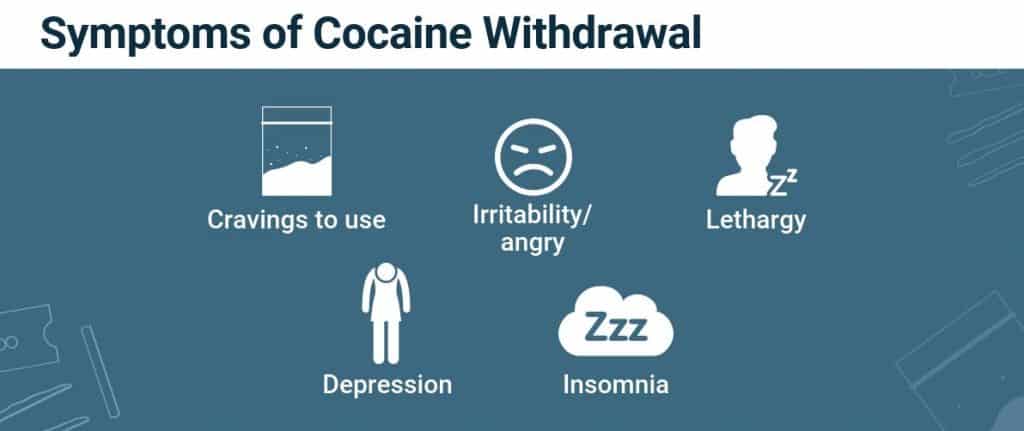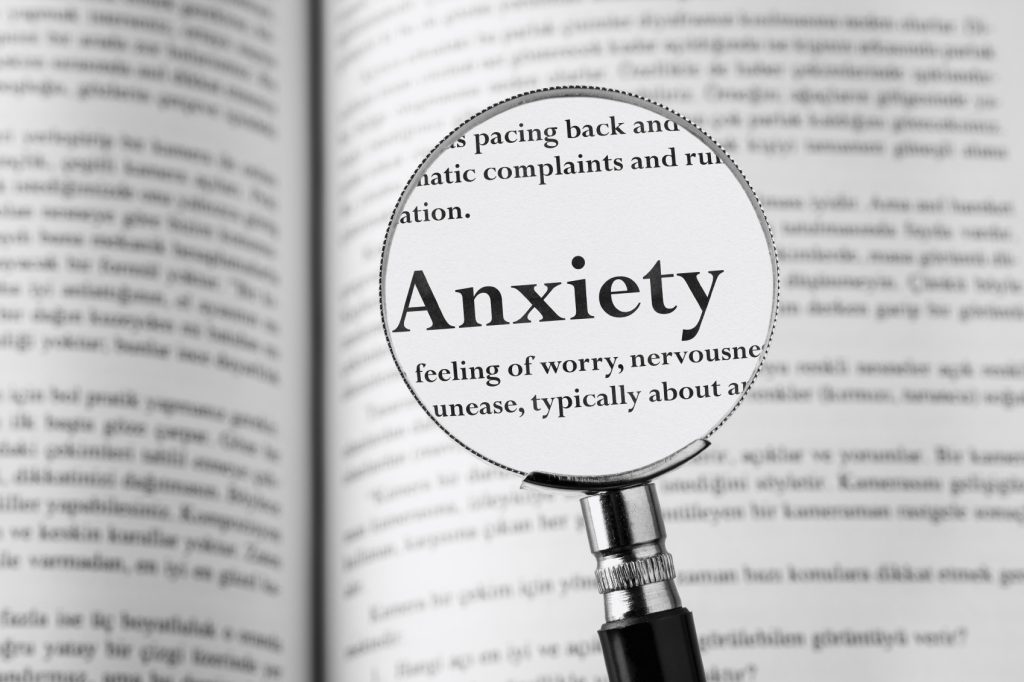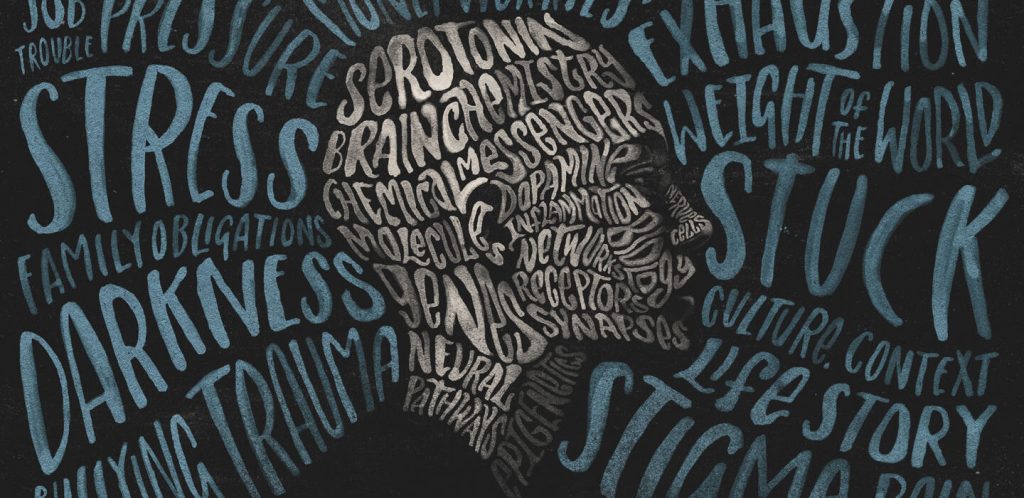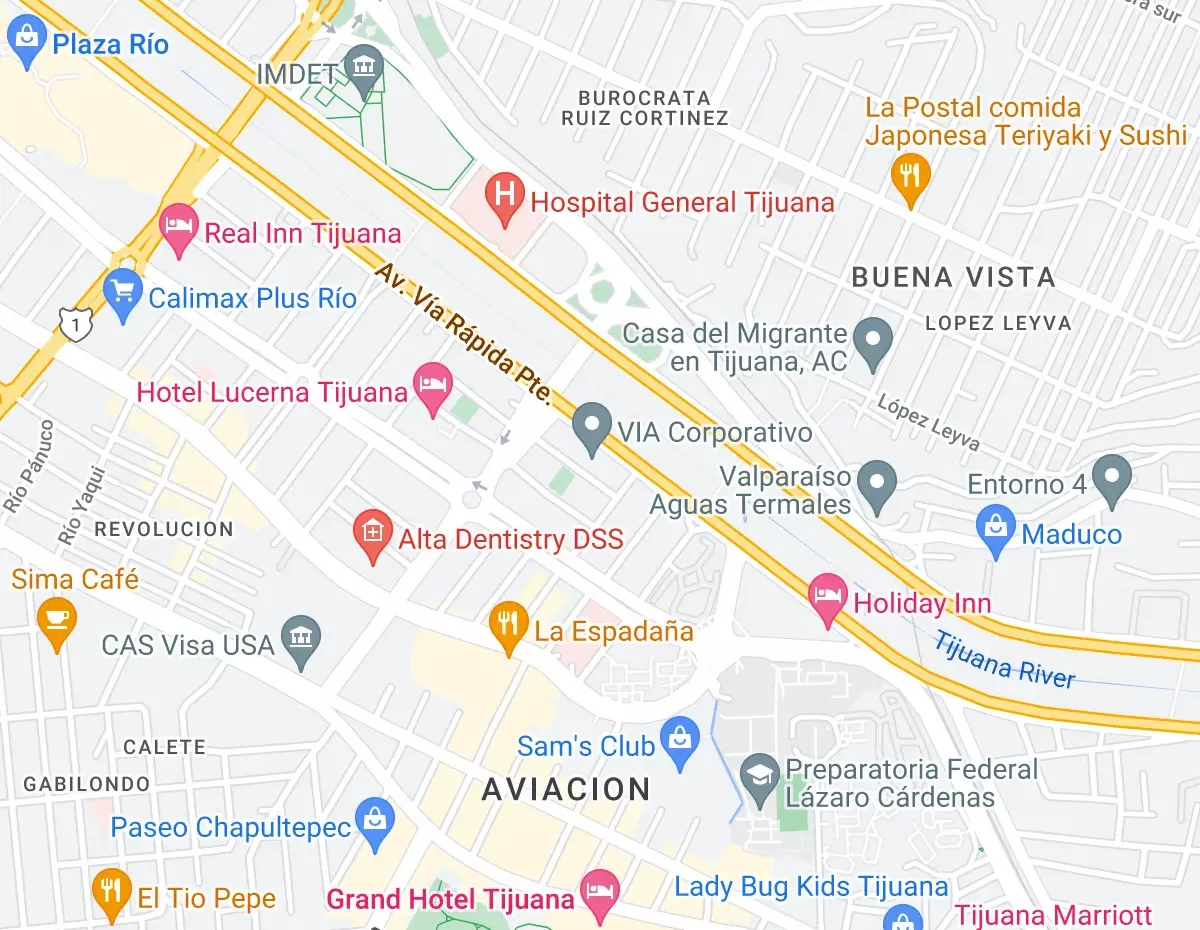
Stimulant (cocaine) withdrawal typically doesn’t bring on severe physical symptoms, which means immediate medical danger is not a worry. However, it is smart to be aware that some individuals may be at risk for experiencing things like depression and severe negative thoughts and feelings associated with suicidal thoughts and attempts. This can lead to a quick and sudden relapse on cocaine.
Withdrawal Symptoms of Cocaine
Anxiety
Take an addictive stimulant away from an addict and, what do you have? Anxiety, a feeling of nervousness and unease. Most people addicted to cocaine rely on it to function, which means that when the drug is taken away, the addict may not know what to do to feel normal.

Irritability
When you get sick and your nose is all blocked up, what are you missing? Fresh air, the ability to breathe normally, etc. This inevitably brings on irritability, annoyance, and anger. Well, if you’re a cocaine addict and the cocaine is taken away, how do you think you’d respond? Probably with the same emotions, actions, and reactions all centered on irritability.

Depression
Sadness is a normal human reaction, especially when it’s geared toward missing something. Unfortunately, when withdrawing from cocaine, the addict will miss the substance. This sadness can grow and turn into one of the various stages of depression. Be on the lookout for this symptom, as it could progress to suicidal thoughts.

Poor Concentration
Cocaine is a stimulant known for making its users more aware and alert. It’s like caffeine times a thousand. So naturally, without the stimulant, addicts can lose their train of thought and have difficulty concentrating in everyday life.
Slowed Thoughts & Movements
Again, cocaine is a stimulant that gets its users wired to work and move faster. Without that ‘boost’, the person will start to slow down while experiencing withdrawal. That means thoughts may take longer to process and movements may decrease in speed dramatically.

Fatigue
Without your morning coffee or energy drink, you get sleepy and groggy. You want your pillow and bed. But the second you get that morning pick-me-up, you’re ready to get moving. The same thing can be compared to in cocaine addicts, so when they withdraw, fatigue may set in - and it may stick around for quite some time.
Changes in Sleep Patterns
Once you’re addicted to cocaine, your body tries to figure out a way to function normally with the drug in your system. That means it learns a new route to sleep, wake up, and do everyday tasks. Without the drug, it’s like your brain and body need to learn a whole new route - a detour, if you will. That means sleep patterns can temporarily (or even permanently) change.

Increased Appetite
If you have a caffeine buzz, you’re probably consuming less food because you’re zoom, zoom, zooming. The same goes for cocaine. Once you stop the drug, your body needs something else in its place. Food is the quickest thing to grab at, so your appetite may increase.
Cocaine Cravings
Every time someone quits an addiction, be it drugs, alcohol, or even sugar, they’re going to experience cravings. That’s just the way the brain works. So, while withdrawing from the substance, an addict will want to go backwards and relapse. They’ll want cocaine because it’s what they crave.

Paranoia
In severe and intense cases, sudden cocaine withdrawal can cause the addict to become paranoid. That can include seeing or hearing things that aren’t really happening. Imagining things outside of the reality can damage relationships and so much more.

Ibogaine Treatment Program
Generally speaking, it takes a person addicted to cocaine several days to outgrow withdrawal symptoms. In some cases, the courses are prolonged to several weeks of withdrawal.
If you or a loved one would like to be a part of an Ibogaine Treatment Program to reduce cocaine withdrawal symptoms, please apply here today. The program consists of a 7-day internal treatment plan guided by medical professionals.
Find out why ibogaine and do what’s best for you and your future now.




